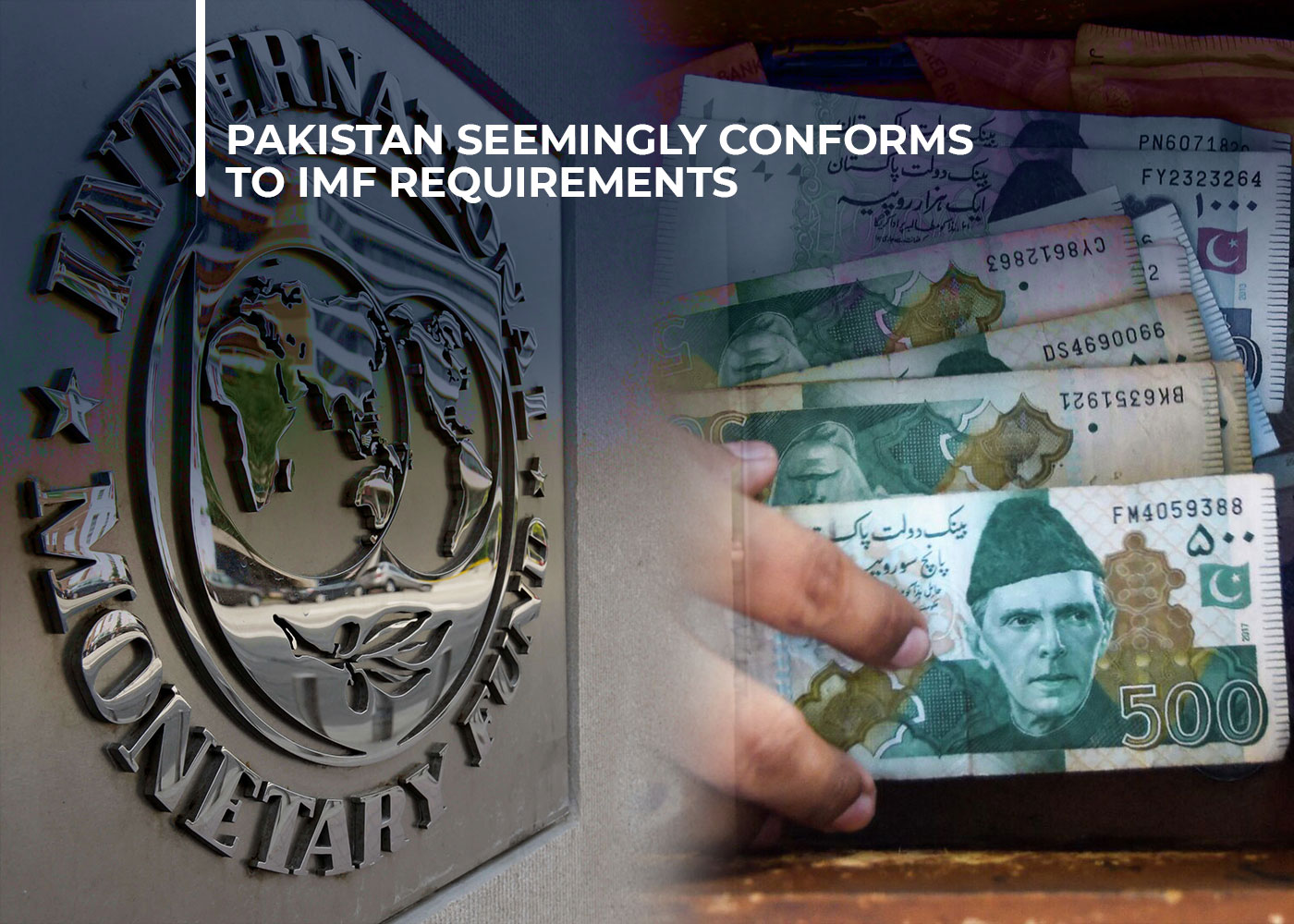As Pakistan ‘s foreign exchange reserves plummet to a mere $3.08 billion, Prime Minister Shehbaz Sharif is left with no choice but to accept the International Monetary Fund’s (IMF) inflexible conditions for resuming loan access through their Extended Fund Facility (EFF). As general elections draw closer, worries mount as these IMF riders will negatively affect inflation and hit regular citizens in the wallet.
Pakistan’s Problems Cannot Be Solved Through Debt
A prominent analyst told India Narrative that Islamabad might consider improving its debt scheme in the face of unprecedented economic distress. Nonetheless, he suggested that this may not be a long-term fix for Pakistan‘s fiscal problems. With over two decades and twenty-two separate loan packages behind it already – yet no sustainable solution delivered – the nation could only benefit from structural reforms to address fundamental issues at play. Without such reform measures in place, economic woes will persistently plague Pakistan with recurring intensity.

IMF ‘s Conditions Were Too Heavy for Pakistan
In the meantime, the IMF team refused to approve Prime Minister Sharif’s plan to tackle circular debt and implored Pakistan, which is in need of funds, to cease its unbudgeted energy subsidies totaling Rs 675 billion. The organization has proposed an increase in electricity rates alongside revenue-generating strategies due to limited fiscal space.
Pakistani PM Sharif termed the bailout riders imposed by the multilateral agency as ‘untenable.’
“I will not delve into specifics, but it is evident that our economic situation is untenable. The stipulations we must comply with from IMF are simply unimaginable. Nevertheless, if we want to be bailed out of this predicament, these conditions cannot be overlooked,” Sharif remarked during a televised address.
In 2019, the IMF bailout package was initiated but soon stalled due to a breach of commitment by the prior Imran Khan government. Miftah Ismail, who served as Sharif’s initial finance minister before Ishaq Dar took charge, played an instrumental role in reviving this loan. During his tenure, he started eliminating fuel subsidies through price hikes; however, he was swiftly replaced by Dar, who reversed these policies and slashed fuel prices – consequently leading to another suspension of the IMF program.
Other content you may be interested in: Morgan Creek CEO: We May See a Bull Rally in the Second Quarter of 2023

